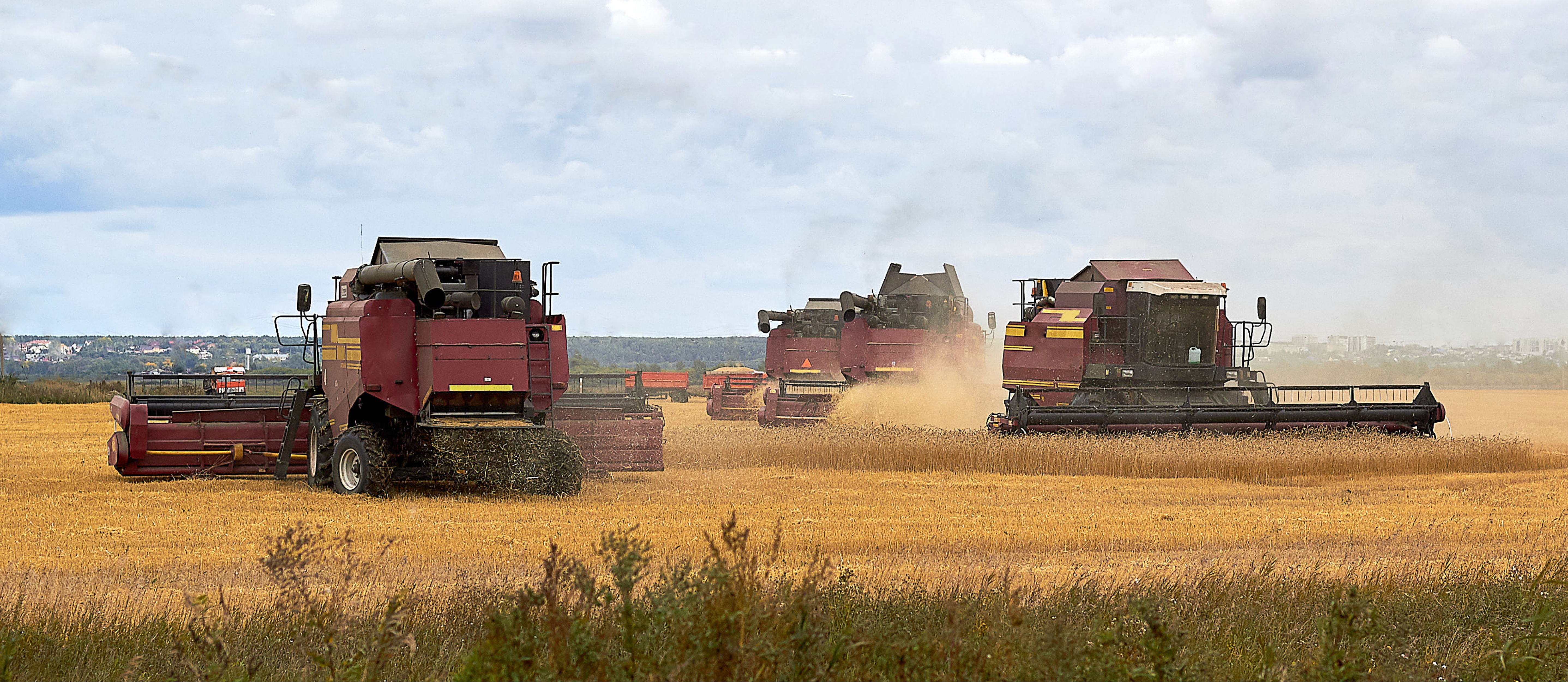Understanding Commodity Wages
Understanding Commodity Wages

When it comes to paying employees, agriculture producers have a unique flexibility in compensation options that is not available to all employers. Commodity wages are a way to compensate employees without the obligation of many payroll taxes. This can be extremely useful in a situation in which a family member is working for the farming operation; an employee is transitioning into an owner/manager role, or other creative possibilities. Commodity wages compensate by transferring the ownership of a commodity, such as corn, soybeans, wheat, livestock, etc. to an employee. The employee then has the opportunity to market the commodity and generate a wage.
This route of compensation is appealing to some farm producers for several reasons:
- When paid properly, commodity wages are exempt from Social Security and Medicare tax for both the employer and employee portion.
- Commodity wages are exempt from federal unemployment taxes.
- The producer is not required to withhold any federal income tax. Although the employer is not required to withhold federal income tax, the employee is required to PAY federal income tax on the full amount.
- The exemptions above can lessen the administrative burden on employers in regards to payroll reporting throughout the year.
- The employee has the opportunity to create more income by marketing their ownership of the commodity effectively.
- Some farms may consider this method of compensation a good way for an employee to “buy-in” to the success of the crop.
Similar to most things in life, this route of compensation has some disadvantages as well:
- Producers should expect extra scrutiny by the IRS in the event of an audit if they pay commodity wages. To ensure proper use of commodity compensation, there are a few record-keeping details important to address (discussed in the next section).
- Although an employee can create income by marketing their commodity, conditions beyond their control, like weather and market changes, can cause them to have a downswing and collect a smaller wage.
- There are instances in which family members and employees should receive traditional wages for Social Security credits.
If a producer has decided commodity wages are a good fit for their operation, there are a few important record-keeping steps:
- The producer should record the sale of the commodity in their books. An offsetting transaction is a wage expense, resulting in a net-zero transaction to the producer.
- The farm and employee should take extra care that the transaction does not appear as cash equivalent by immediately paying out the sold commodity. For a true commodity wage, the recipient must absorb market risk. A delay of at least two weeks between delivery and commodity sale/payment to the employee is a safe hedge.
- The producer should report the amount of the commodity wage on the W2. A tax preparer, payroll expert, or a KFBM specialist can help with this, especially because FICA exempt wages report differently than regular wages.
Understanding how to utilize commodity wages can be a great way for a producer to compensate their employees. It is important to understand how to document commodity wages correctly. A tax professional, payroll expert, or a KFBM specialist can help you understand how commodity wages can benefit your operation.
Author(s) Contact Information:
